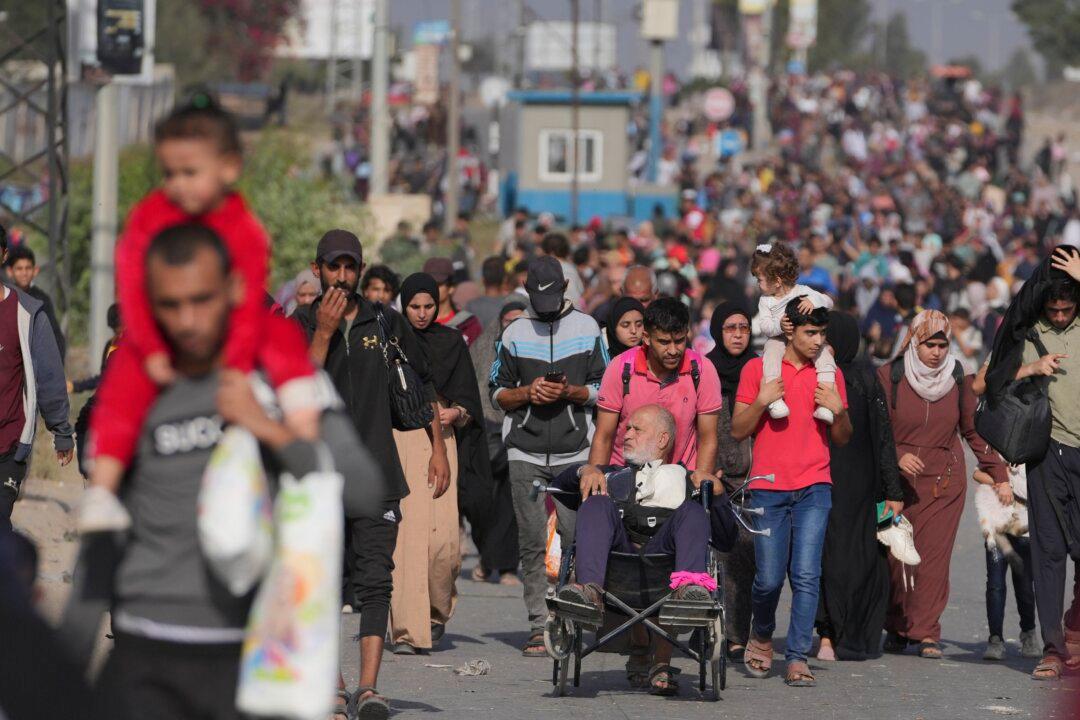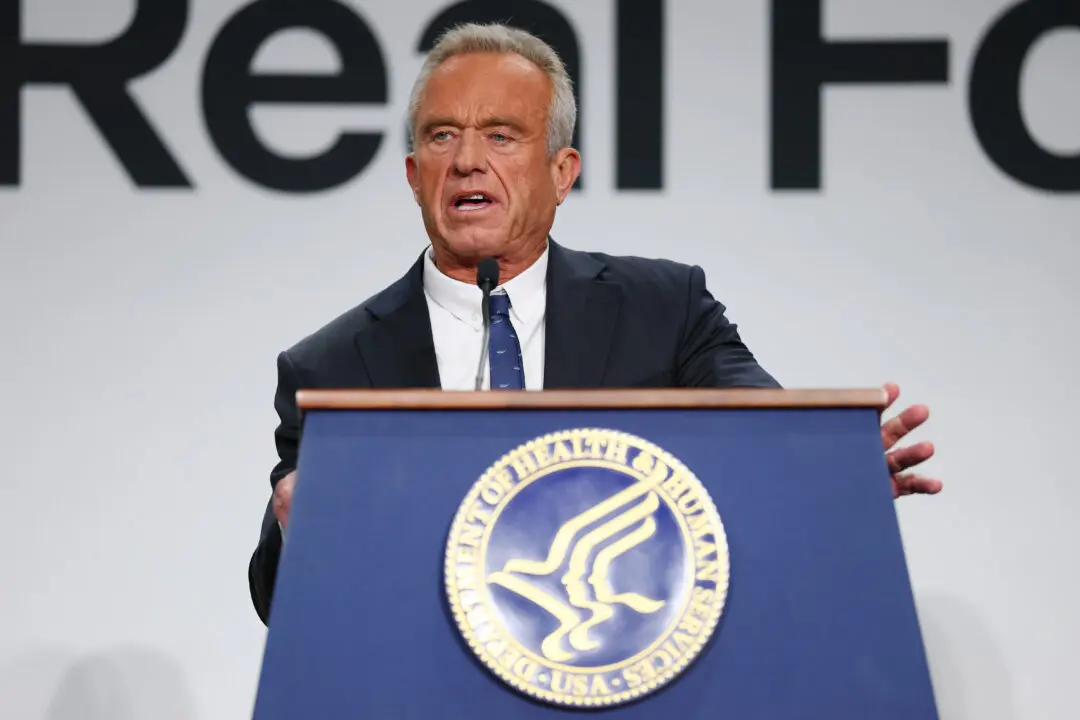Israel has agreed to a daily pause in operations in the Gaza Strip to let civilians move to the south as part of an effort to convince the Hamas terrorist group to free hostages, the White House said on Nov. 9.
The Israelis have committed to announcing each four-hour window at least three hours in advance, National Security Council spokesman John Kirby said.





